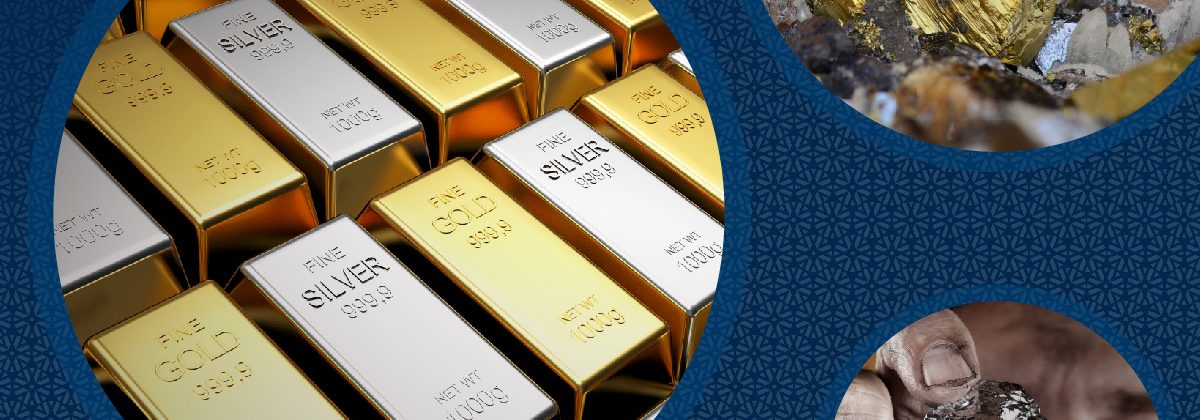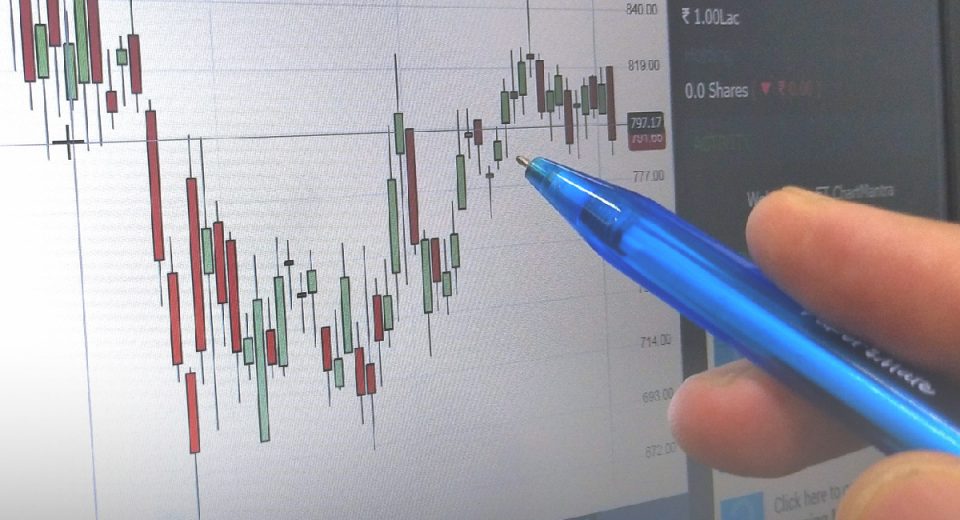Precious metals, such as gold and silver, are considered safe investment choices. They are stores of value and offer stability and protection against economic uncertainties. You can trade precious metals like gold or silver via spot trading, without needing to own the asset. This allows you to trade the assets at the current market price, called the Spot Price. Spot trading is simple and easily accessible, regardless of your experience level. Trading precious metals, such as XAU (gold) and XAG (silver), at spot rates is called spot metal trading. Being the quickest way to trade equities, forex, commodities, and other financial assets, the spot markets are highly attractive to day traders.
With spot trading, you can go both long and short. This means that when you anticipate a price increase, you purchase it now to sell it in the future for a profit. Going short means you sell the asset because you expect the price to fall. However, both profits and losses can be magnified with spot trading.
Types of Spot Trading
The two main types of spot trading are:
- Over the counter (OTC) markets: This is a direct market, facilitating securities trading between two parties with less transparency and liquidity outside exchanges.
- Organised market exchanges: These provide centralised platforms to trade securities, offering higher transparency and liquidity to retail and institutional investors.
The primary differences between the two are:
- Direct markets operate continuously, 24/7, while exchanges are bound by trading hours.
- Price discovery in the direct markets relies on negotiation, while exchanges determine prices based on bid and ask prices.
- Direct markets lack centralised regulation, whereas exchanges are regulated by government agencies.
- Direct markets offer fast execution but at higher costs, while exchanges offer lower costs and greater accessibility for retail investors through online brokerages.
- Regulated market exchanges have high liquidity, due to the large number of traders, leading to lower slippage. Slippage is the difference between the expected price of a trade and the price at which it is executed. Low slippage is preferred since the buyer or seller gets the price closest to what they desire for their trade. There is an inverse relationship between slippage and liquidity.
How Does Spot Trading Work?
Traders can participate in spot trading via Contracts for Difference (CFDs). With CFDs, traders can benefit from real-time pricing without taking ownership of the assets. CFDs also allow you to take advantage of margin trading.
To capitalise on margin trading, you need to ensure that your trading account has the specified minimum amount to open a position and keep it open. With leverage, you get to open a position much larger than what you could have afforded with your funds alone. This increases market exposure, which means both potential profits and potential losses will be magnified.
Trading Metals with Futures and Options
A futures contract is a legal agreement allowing the buying/selling of an asset at a pre-set price at a particular time in the future. Futures contracts represent the same grade or purity of the underlying asset, such as gold. This standardisation makes trading more transparent for everyone involved.
The buyer of a futures contract is obligated to buy the underlying asset when the futures contract expires while the seller takes on the obligation to provide and deliver the underlying asset on the expiration date.
Written by a seller, an options contract bestows the right but not the obligation to buy (for a call option) or to sell (for a put option) a specific asset, at a particular price (strike price/exercise price) in the future.
Spot Trading vs Other Methods of Trading Metals
The execution of contracts in the spot market is transparent since the public has access to all the transactions and prices. This instills confidence to trade metals at spot prices. polk
How to Start Spot Metal Trading?
- Educate YourselfLearn what moves the prices of gold, silver and other metals you wish to trade. Understanding market demand, global economic trends, and geopolitical events that impact metal prices is crucial for building a strong strategy.
- Choose a Reliable Online Platform/BrokerSelect regulated brokers to ensure the safety of your funds and access to powerful technical platforms and tools to ease trading. Choose a fast online platform that has a user-friendly interface that offers live chat support to assist you in real-time.
- Open and Fund Your AccountOpen an account and complete the verification with the necessary documents. Fund your account through your preferred payment option.
- Start TradingDefine your trading strategy, based on your objectives and risk tolerance, setting profit targets and stop-loss levels.Execute trades on the chosen platform after thorough market analysis. Monitor trades closely, adjusting take-profit and stop-loss orders, as needed. Regularly review trading performance and adjust your strategy accordingly.Remain disciplined in your trading and close positions when your objectives are met, or the market conditions shift. Continuous learning and adaptation are key to long-term success in gold trading.
To Sum Up
- Trading gold and silver at current market prices without owning the physical assets is called spot trading.
- Easily accessible for traders of all levels, spot trading allows quick trades in various financial assets.
- Traders can bet on both upward and downward price movements.
- Over the counter (OTC) markets are available for direct trading while exchanges are centralised platforms.
- Use CFDs for real-time pricing without asset ownership and access to leverage for increased market exposure.
- Futures and options contracts are another means of spot metal trading.
- Spot trading offers clear execution and investment flexibility.
- Education, reliable platforms, defined strategies, and constant monitoring are key to satisfying trading experiences.
Disclaimer
All data, information, and materials are published and provided “as i” solely for informational purposes only and are not intended nor should be considered, in any way, as investment advice, recommendations, and/or suggestions for performing any actions with financial instruments. The information and opinions presented do not consider any individual’s investment objectives, financial situation, or needs, and hence do not constitute advice or a recommendation concerning any investment product. All investors should seek advice from certified financial advisors based on their unique situation before making any investment decisions by their personal risk appetite. Blackwell Global endeavors to ensure that the information provided is complete and correct, but makes no representation as to the actuality, accuracy, or completeness of the information. Information, data, and opinions may change without notice and Blackwell Global is not obliged to update on the changes. The opinions and views expressed are solely those of the authors and analysts and do not necessarily represent those of Blackwell Global or its management, shareholders, and affiliates. Any projections or views of the market provided may not prove to be accurate. Past performance is not necessarily indicative of future performance. Blackwell Global assumes no liability for any loss arising directly or indirectly from the use of or reliance on such information herein contained. Reproduction of this information, in whole or in part, is not permitted.





